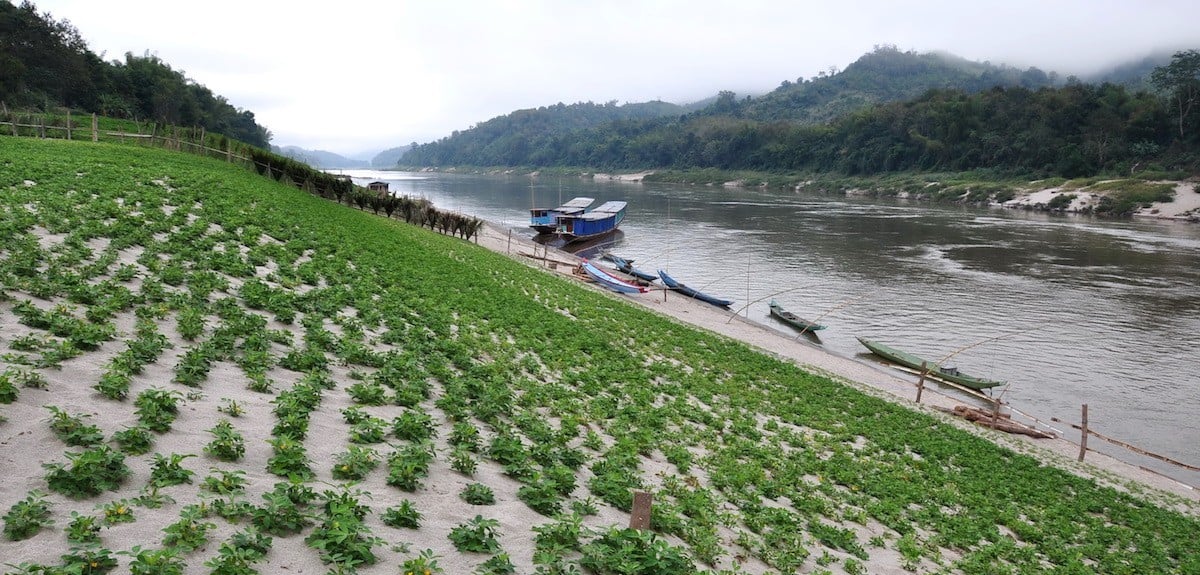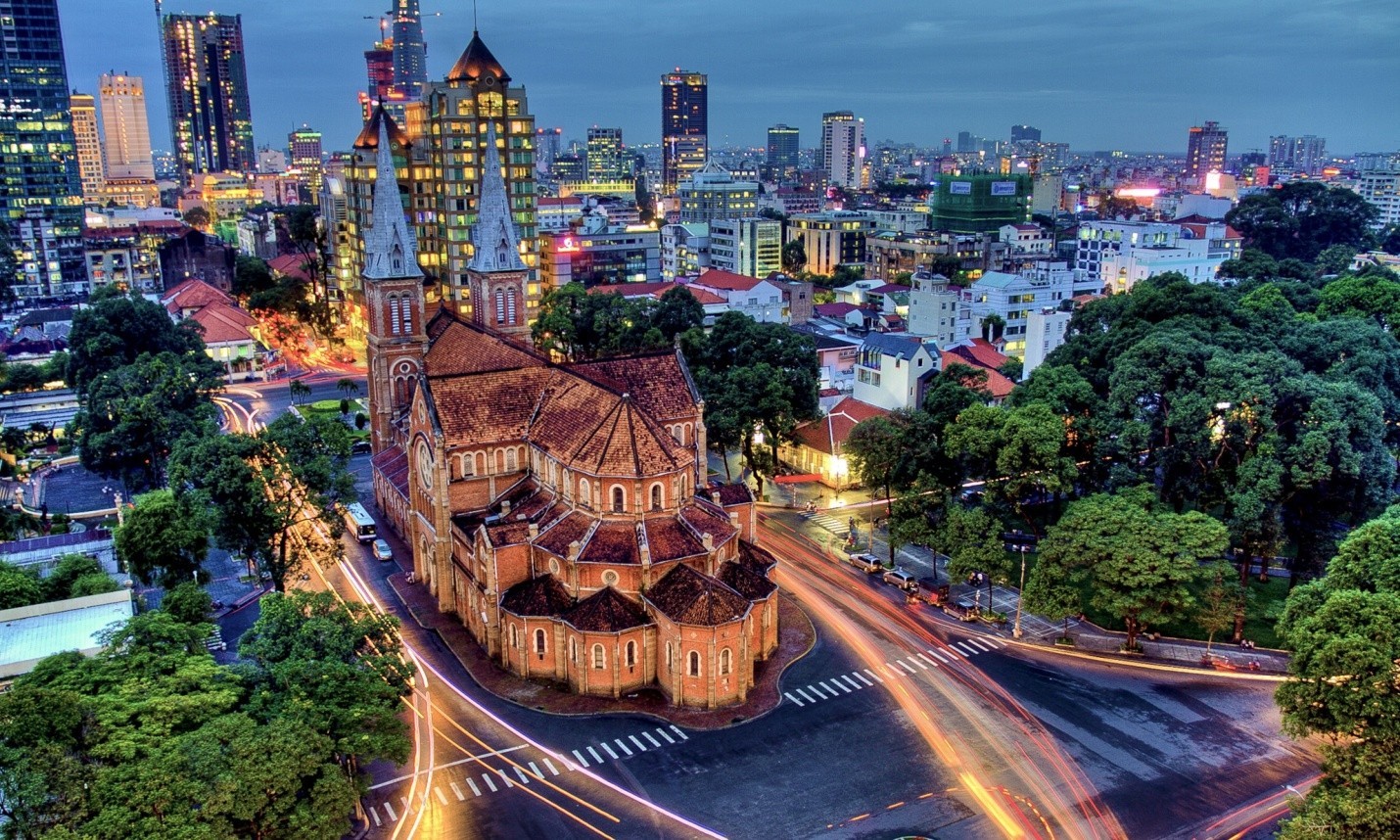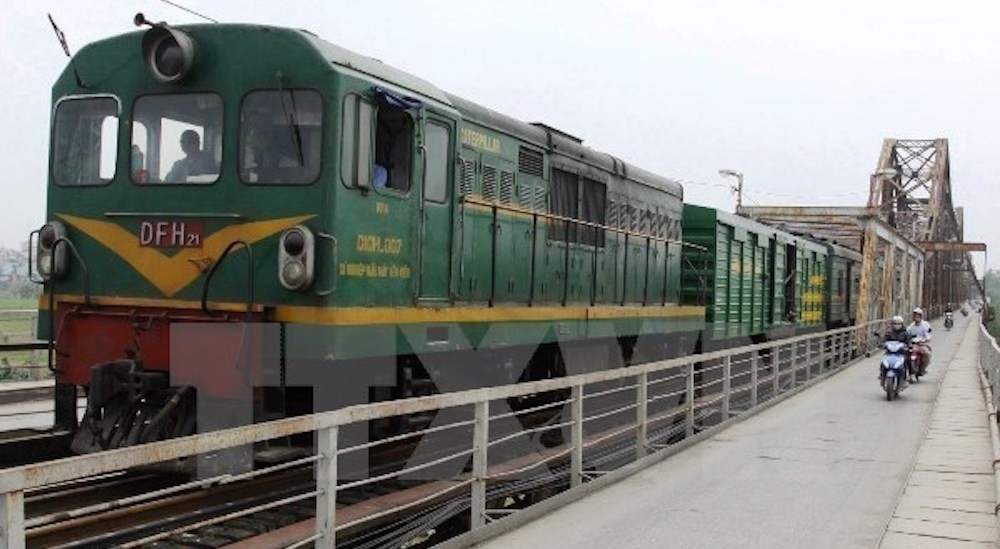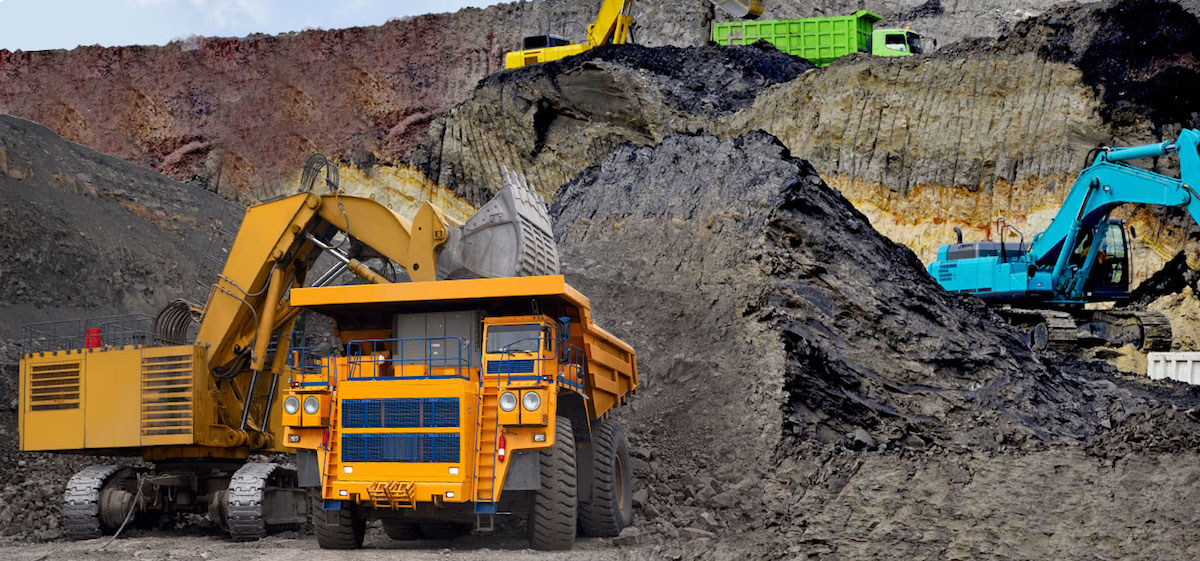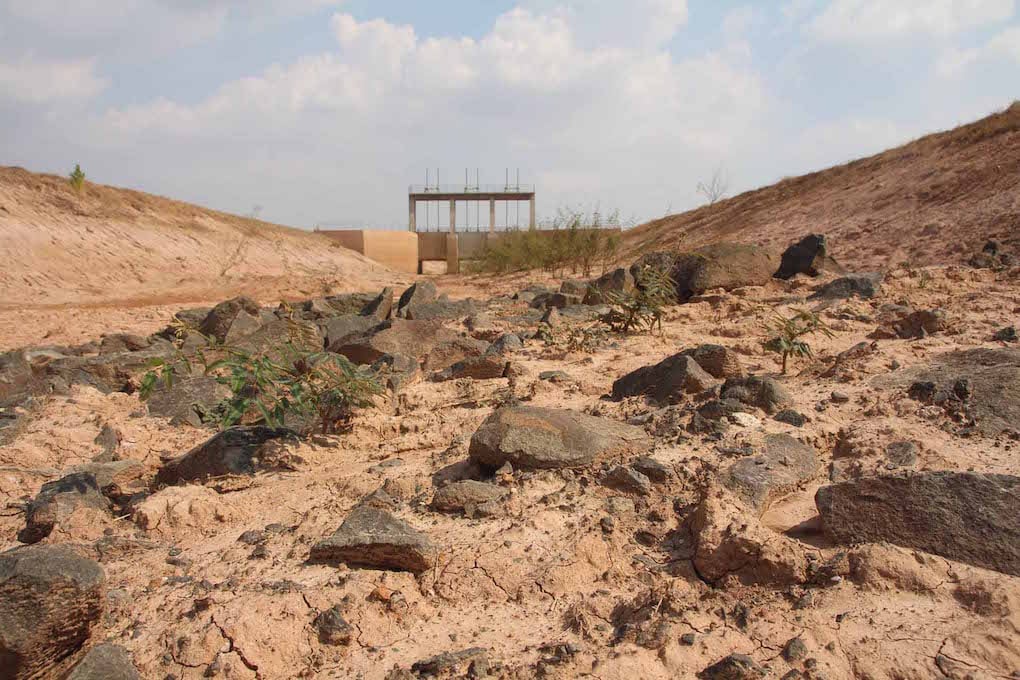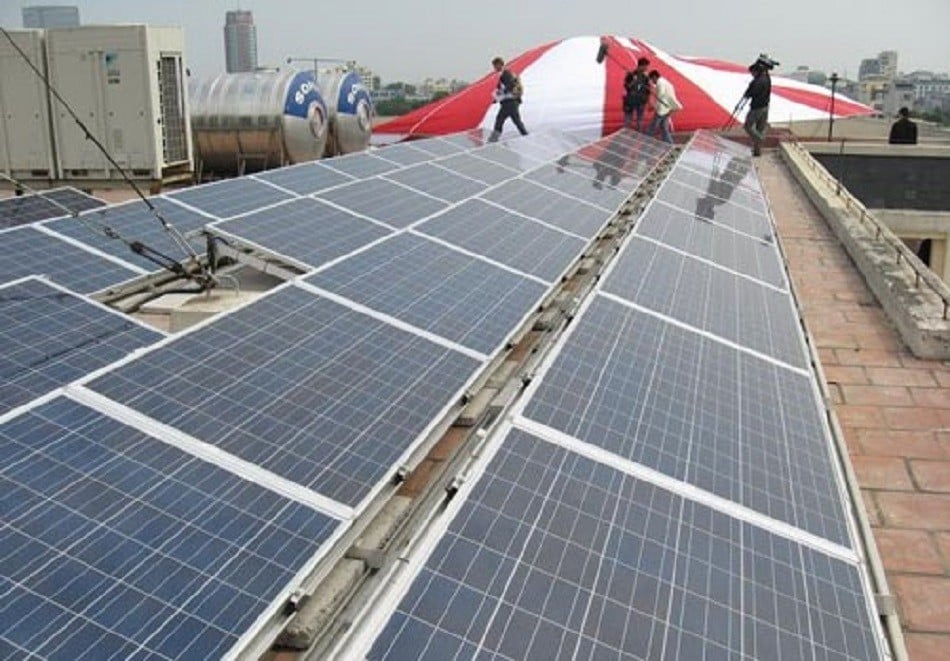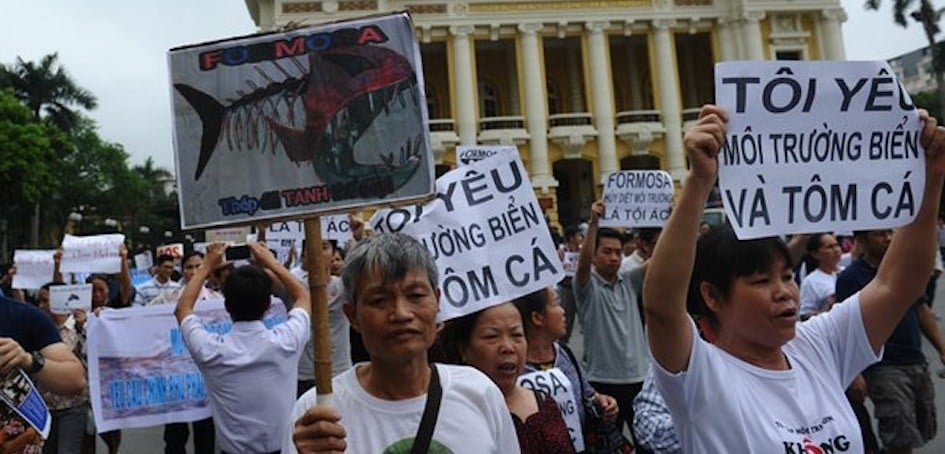The Mekong Delta will disappear in the next several decades once Pak Beng Dam and another 10 planned hydropower dams are built on the Mekong River in Laos and Cambodia, delegates warned at a conference on Saturday in the Mekong Delta city of Can Tho.
Tag: Vietnam
Green growth: not as expensive as you think
A green economy does not mean a major trade-off between growth and sustainability, Tomaso Andreatta, chairman of EuroCham Green Growth Sector Committee insists.
Deputy PM urges study on north-south express railway
Deputy Prime Minister Trinh Dinh Dung has urged the Ministry of Transport to accelerate finalizing the pre-feasibility study on the north-south express railway project.
The pre-feasibility study should be appraised by independent, experienced foreign consultants before being submitted to the Prime Minister and the State Appraisal Council, he stressed.
Environmental destruction is a crime: Vietnamese industry minister
Vietnamese Minister of Industry and Trade Tran Tuan Anh says pollution is a crime against the environment and calls on all major corporations to commit themselves towards environmental protection during their operations.
Power plant, coal mine, and mineral mine developers across Vietnam gathered on Thursday afternoon for a meeting to address environmental issues regarding their operations.
WB helps build environment data centre in Mekong Delta
Experts from ministries and the World Bank discussed the contents of a project on building a databse serving climate change adaptation in the Mekong Delta region at a workshop in Hanoi on October 5.
Lending loopholes expose World Bank to indirectly financing ‘coal boom’ in Asia
The lending arm of the World Bank is providing loans to institutions that finance the development of coal-based power projects, according to a new report. The projects not only pose an environmental risk to the planet, locally they destroy homes and displace communities. The loans subvert strong warnings from the head of the World Bank that expanding coal in Asia is a dangerous proposition.
WB, Singapore-based fund invest in Vietnam’s hydropower
IFC and Armstrong, with a combined stake of 36 percent, will take a 16 and 20 percent equity stake in GEC, respectively. For both it is their first investment in Vietnam’s power sector. The investment will help the company expand its hydropower portfolio and invest in other renewable energy segments, such as wind and solar power.
Based in the Central Highland province of Pleiku, GEC joined the Thanh Thanh Cong Group in 2013. With charter capital of 715 billion VND (34 million USD), GEC was one of the largest private sector hydropower players in Vietnam, with 84.4 MW of installed capacity across 15 run-of-the-river small-scale hydro power plants.
The water conflict on the Mekong
Ban Klang is a 400-year old village in Chiang Khan district, Loei province, Thailand. The village, home to more than 1,000 residents, is located next to Loei’s river mouth, connecting the tributary to mainstream of the Mekong River. The village is famous as a peaceful destination for tourists.
However, upon entering Ban Klang in recent times, visitors are surprised to notice banners hanging in-front of residents’ houses throughout the town, declaring “No Si Song Rak water gate here” and “Ban Klang residents do not need Si Song Rak water gate.” These are just examples of the rising water conflict in the Mekong region.
Improving solar energy solutions in Vietnam and Cambodia
Solar energy is a clean and available energy source. If this renewable energy source is used effectively, then the deforestation from hydropower construction will not happen anymore. Vietnam and Cambodia are two countries in South East Asia that have advantages in solar energy sources.
Vietnam’s New Environmental Politics: A Fish out of Water?
The cross-country demonstrations currently taking place in Vietnam to protest massive fish die-offs along the central Vietnamese coast are truly remarkable. Not only were demonstrations at this scale unheard of even five years ago, but they beg the question of why thousands of demonstrators as far off as Hanoi and Ho Chi Minh City are subjecting themselves to the threat of beating and arrest over dead fish in Central Vietnam.
Has a new environmental sensibility suddenly taken hold of the nation? Is it a rude awakening to the costs of decades of rapid industrialization and economic growth? Or is it simply a convenient expression of developmental malaise projected onto a foreign scapegoat, namely the Taiwanese Formosa Ha Tinh steel factory ,whose 1.8 km underground waste pipe is widely suspected as the principal cause of the die-off? Even as such sensibilities may be taking shape, they hardly explain the scale or intensity of the current confrontation.


